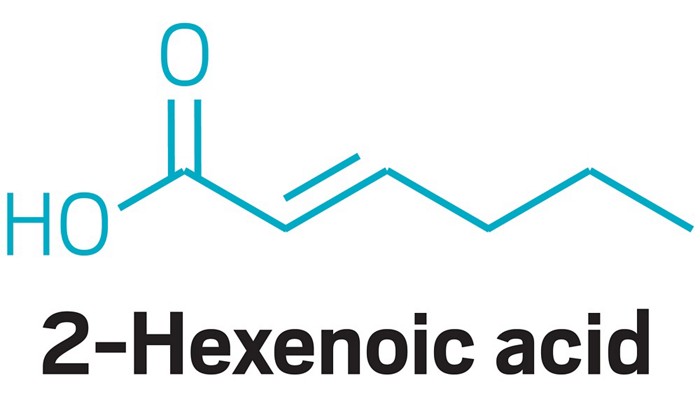Speaking during a Computers in Chemistry Division session, Yaron said he wants chemists to be able to model organic molecules more quickly without sacrificing a lot of accuracy. When calculations have to run overnight or over a weekend—a common occurrence for quantum chemistry calculations—it can slow down discovery, he emphasized.
Typically, machine learning algorithms can predict an unknown molecule’s properties after being trained with data sets that contain the properties of thousands or more molecules. Quantum chemistry can calculate those properties exactly but takes much longer.
Quantum information can be incorporated into these training sets. But Adrian Roitberg of the University of Florida, who helped develop the machine learning algorithms that Yaron’s group built on, said that his group and others usually strip quantum calculations from the predictive algorithms because including it would make calculations take too long.
Yaron’s quantum layer uses data predicted by machine learning, like energy gaps between molecules’ electronic orbitals, to rebuild quantum chemical knowledge and feed it back into the predictions. The researchers trained their augmented algorithm on more than 12,000 organic molecules containing up to seven nonhydrogen atoms, then tested its ability to predict properties of molecules with eight of these atoms.
The best version of their model predicted molecular energies with a 67% error reduction and dipole moments with a 59% error reduction relative to a machine learning algorithm not enhanced with the quantum layer. His group published the research in October (J. Chem. Theory Comput. 2018, DOI: 10.1021/acs.jctc.8b00873).
The group is turning its attention to predicting molecules’ electronic orbitals next. Yaron said the team hopes to be able to predict d-orbital behavior in organometallic interactions.
